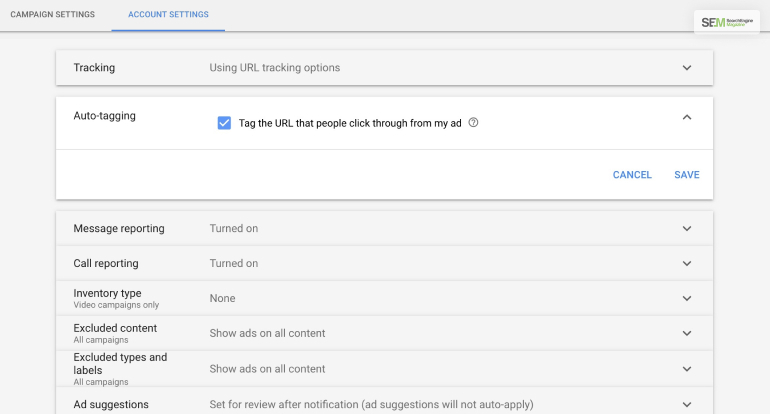How To Know If Someone Blocked You On iMessage? 5 Secret Hacks!
Apr 16, 2025

Apr 16, 2025

Apr 16, 2025

Apr 15, 2025

Apr 11, 2025

Apr 11, 2025

Apr 11, 2025

Apr 08, 2025

Mar 29, 2025
Sorry, but nothing matched your search "". Please try again with some different keywords.


Wondering when Google will finally index your new website or blog? Getting indexed by search engines is crucial for driving organic traffic, but the process can be frustratingly slow.
In this article, we’ll cover:
Understanding the Google indexing timeline can help you set proper expectations and speed up the process where possible. With the right strategy, you can get your new site indexed in days instead of weeks.
Site indexing is the process by which search engines like Google discover, analyze, and store information about web pages in their databases. This information is then used to provide relevant search results to users. In the context of this article, blog indexing refers to the indexing of blog content by search engines.
Site indexing is crucial for several reasons:
Several factors can influence how long it takes for Google to index a site:
A well-organized site with clear navigation and a proper sitemap is easier for search engines to crawl and index.
High-quality, unique, and regularly updated content is more likely to be indexed quickly.
The number and quality of backlinks pointing to your site can affect indexing speed, as search engines consider them as a signal of your site’s credibility.
Older domains with a history of consistent content updates are generally indexed faster than new sites.
There is no preset time frame in which Google will index a site, as it depends on the factors mentioned above. However, on average, it might take anywhere from some hours to a few weeks for Google to index new content. In some cases, it might even take longer.
| Domain Age | Average Indexing Time |
| New | 1-4 weeks |
| Established | 1-7 days |
To speed up the blog indexing process, consider implementing the following tips:
In conclusion, blog indexing is a crucial aspect of online content management, as it determines the visibility and credibility of your site in search engine results. While the time taken for Google to index a site can vary, understanding the factors affecting this process and implementing the tips mentioned above might help expedite the process of indexing. Also, it will improve your site’s overall performance.
Site indexing is the process by which search engines like Google discover, analyze, and store information about web pages in their databases.
Site indexing is important for visibility, credibility, and user experience. Indexed pages are more likely to appear in search results, a well-indexed site is considered more credible and authoritative, and proper indexing ensures that users can easily find and access the content they are looking for.
Several factors can influence how long it takes for Google to index a site, including site structure, content quality, backlinks, and domain age.
In order to index a site, there is no fixed time period. But on average, it might range anywhere from a few hours to a few weeks for Google to index new content.
To expedite the indexing process, you can submit a sitemap, improve site structure, create high-quality content, build backlinks, and use social media to increase visibility.
Read Also:
Ankita Tripathy loves to write about food and the Hallyu Wave in particular. During her free time, she enjoys looking at the sky or reading books while sipping a cup of hot coffee. Her favourite niches are food, music, lifestyle, travel, and Korean Pop music and drama.
View all Posts
How To Know If Someone Blocked You On iMessag...
Apr 16, 2025
7 Website Design Mistakes That Are Hurting Yo...
Apr 16, 2025
Programmable Dynamic SEO for Location-Based P...
Apr 15, 2025
Google Boba Game: How To Play This Fun Game B...
Apr 11, 2025
Which Is The Best Video Search Engine Of 2025...
Apr 11, 2025

